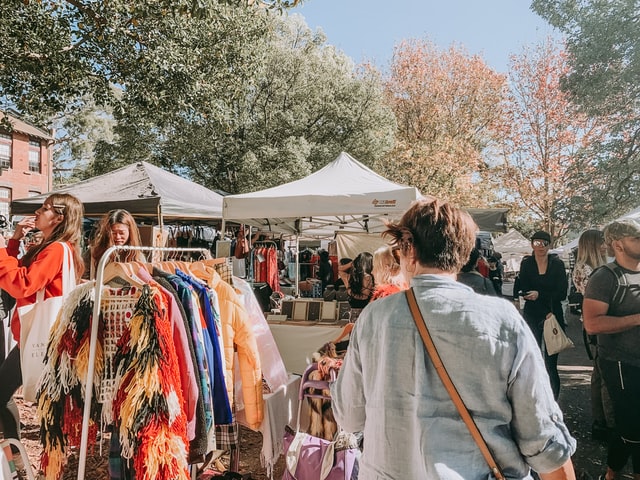Before you list items you will be buying from that destination, you must decide whether you are ready to pay exorbitant prices for it, especially if you are traveling to South America, Asia or Middle East. Trust me, there are no fixed prices for an item across the world. Something which costs pennies here, can cost you fistful of dollars there. Travellers must know that local sellers have two prices, one is Local Price and other is Foreigner Price. The assumption is that a traveller is well off with loads of money brought with to the trip. We believe you be prepared to haggle, it’s also fun, here are tips.
Competitive benchmarking might sound like a consultant on a job to help a MNC, but this help in haggling too. Wander the local market and get quotes for item you are seeking, this way you will benchmark the prices, and when you finally like something at a shop, take that price as base to start.
The thumb rule of haggling is to never accept the first price offered. Always keep in mind that you will be thrown with inflated prices, as seller is trying luck with surety that you will negotiate. He will have an expectation of let’s say going at 60% of price. You have to be smarter to cut the deal at 40%.
This tip can’t be taught. This is an expertise of evaluating the cost of an item. It might include the economics of nation you are buying in, their local labour cost, and cost of the raw materials used. We don’t expect you to be a master. But you got to see beyond price tag to determine real worth.
If the previous tip is not working well, then before shopping decide a price you are willing to pay for that item. We all have seen shopping shows on TV, and browsed through ecommerce website. We can sure come up with a number, and then make it the base for the proceeding bargain.
Another way of getting down to bargain business is intel from locals. This can be attained from your hotel staff, or may be the chauffeur that is showing you around, or a local you met at a bar to which you are embarrassed to ask about price of popular local items. Their input will help you make a base.
If you think you can arrived to the paradise of souvenir or handicraft or whatever item you are buying shop, and your instinct tell you to shop a lot from here. Then do not hesitate in telling the shop owner that at low prices you might buy more. Chances are, he might act like Walmart.
If the shopkeeper remains inert to rip your balls, know that time has come to walk away. Remember another rule is, ‘No Attachment’ either to item or to shopkeeper. Walk away professionally without regrets and cold. Chances are that shopkeeper will chase you with to cut a deal. It really works.

There are piece of works that can instantly make us fall for them and it’s natural. But as a buyer you have to be very cautious, to not let show that you are so attracted by the item. Never tell them, ‘I really like this’, or you will never be able to haggle. Also be prepared to leave that item there.
When looking for options, also try desolate shops and don’t be shy of telling them ‘Dear it looks you haven’t made a sale entire day’, this will touch the chord, or when checking the item, show the vendor its flaws, like it’s not wrinkle free in case of textile. This will strengthen the bargain case.
Never ask the price of an item straight away. This will cast a psychological effect on the seller tending to soaring prices. Always check lot many items, and ask them about qualities, variants, etc. Price should come at last that too preferably by seller itself. Don’t make your interest obvious.
This one is a great trick. Before entering the market, you have decided what to buy and what to pay. Great, now distribute your money in pockets and wallet. When haggling stick to the money you have in pocket or wallet, after a moment show them your wallet and the only money, and they’ll take it.
You should always remember that you aren’t in a war with the vendor, though you are fighting but for your rights. If the vendor is asking few pennies more than what he would legitimately charge a local, you must not take it in ego to win the haggle, but pay it, as you are not going to get poor.
When you know you are not returning to this country or this city in another decade, there is no point of warranty or guarantee, especially on handicrafts and souvenirs. So ask for discounts and pay them in cash. This will save them tax, and some dollars for you. This is the last breath of haggling.
Let the best price Win!









































